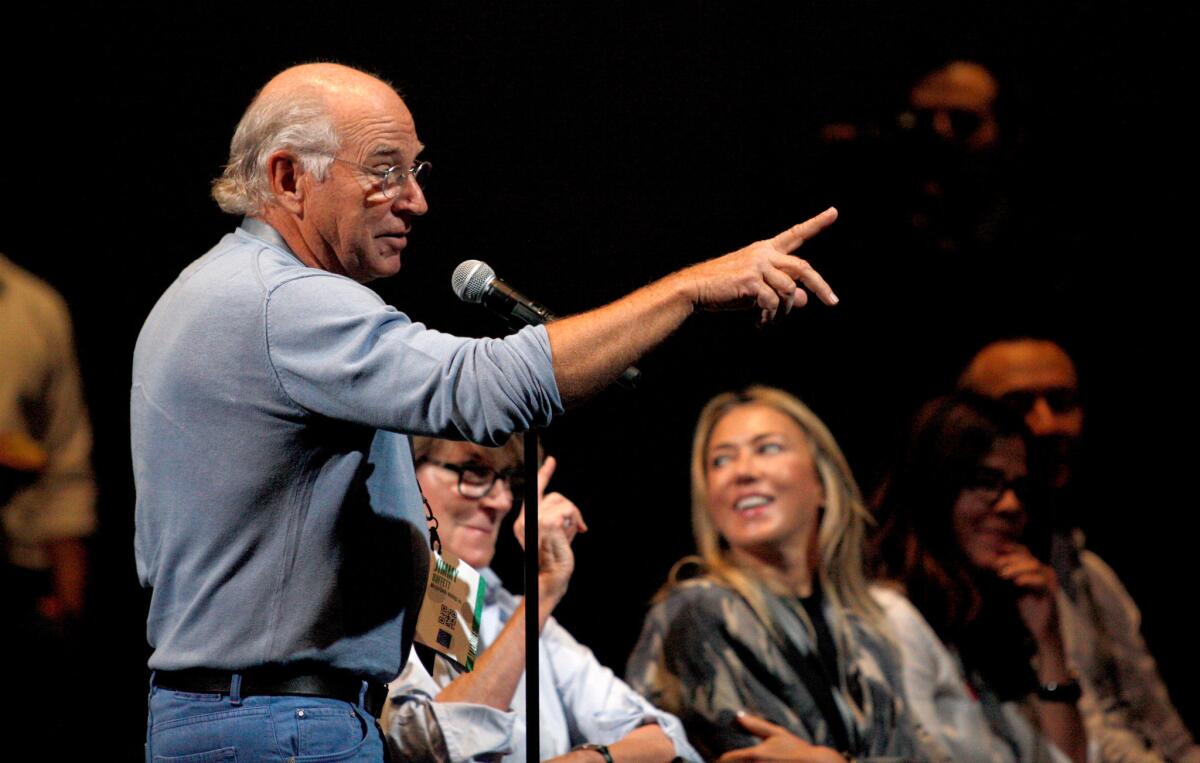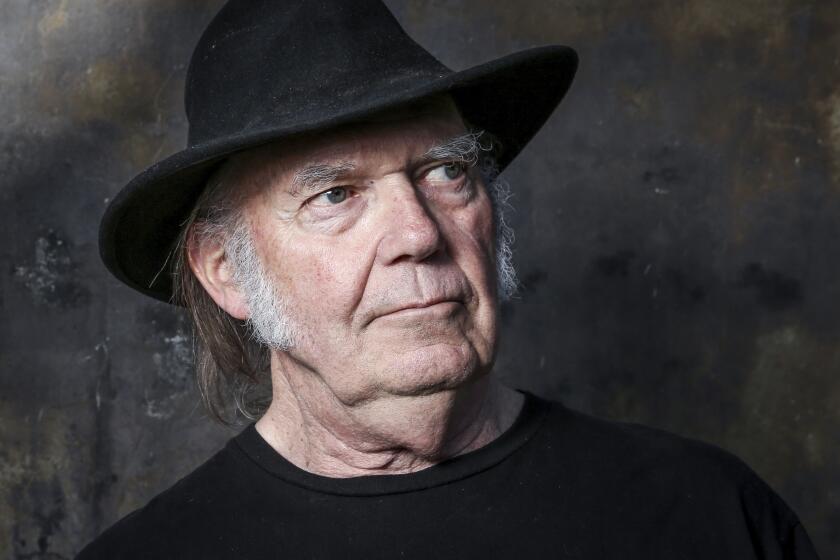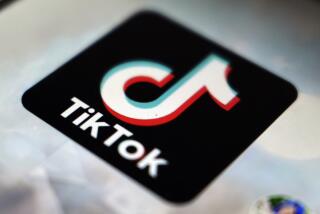Jimmy Buffett to Spotify: Give recording artists a raise

Jimmy Buffett, the hoary South Florida singer-songwriter, put the chief executive of music streaming service Spotify on the spot Wednesday, demanding more money for musicians.
“Do you see [recording artists] getting a raise directly from you, as opposed to the bull— you have to deal with in going through the labels?” he said during a question and answer session at a San Francisco technology conference.
Daniel Ek begged off, saying that Spotify, for the most part, contracts with recording labels and songwriting publishers, who in turn negotiate terms with the artists.
Spotify, with 10 million subscribers, charges $10 a month for unlimited streaming access to millions of songs from record labels, large and small. The company pays for streaming rights for each song based mainly on how many Spotify users click on it. Ek said it deals with some artists directly, bypassing the music industry, but those deals are relatively few. Buffett was suggesting that if the labels won’t pay the artists more, Spotify ought to.
Spotify isn’t new to controversy. Here’s a rundown of the music streamer’s history of feuds with artists and songwriters over royalties, privacy and more.
The panel moderator, Irving Azoff, owner of Azoff MSG entertainment, told Buffett, a multimillionaire, to “sell one of [your] planes.” Buffett noted he was defending “young, struggling artists.”
The exchange took place at the Vanity Fair New Establishment Summit, the first in a planned annual live series.
Appearing onstage with Ek and Azoff was Tom Freston, former CEO of MTV and Viacom. He ripped into the music labels, saying “most companies are resistant to change but the record companies were notoriously difficult.”
The labels inititally resisted MTV, he said, eliminated singles to force album sales, and “wouldn’t let file-sharing happen, so there was no way to get music online.” Then they introduced CDs, which inadvertantly “opened the gates to file-sharing,” and now are being dragged reluctantly into subscription streaming.
Ek said Spotify is now paying more than $1 billion annually to labels and publishers, or 70% of its revenue. He agreed it’s tough dealing with the labels and songwriting publishers. Spotify was founded in 2008, and “it took three and a half years to get the first licensing done,” he said.
The native Swede, 31, added that he believes “streaming is the biggest change to the music industry since the inception of recorded music.... The recording industry will be bigger than it ever was, and will open so much opportunity for artists.”
Freston, 68, was less optimistic: “Music doesn’t drive the culture like it did in the ‘60s, ‘70s and into the ‘80s. Now it’s technology. We used to wait for the Sgt. Pepper album to come out. Now we wait for Apple’s annual conference.”








